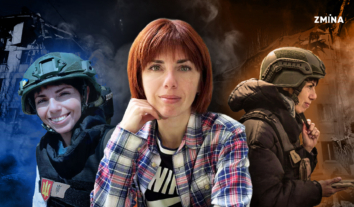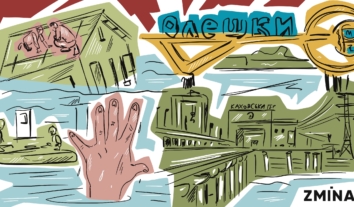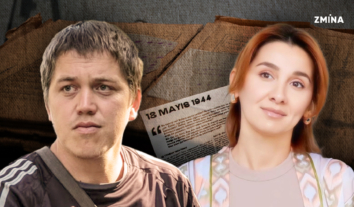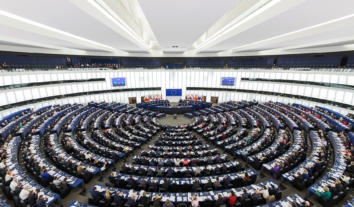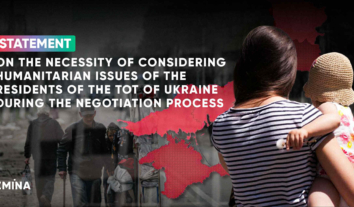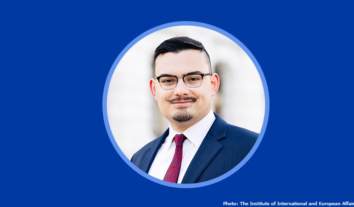Anastasia. ‘This story is about people from both sides of border who don’t need war’
Anastasia knows that the most important thing is that the children are safe whatever may happen. The woman is grateful for having a roof over her head. She dreams of her own housing, and knows perfectly well that she should live for joy and happiness.
We continue publishing the stories of people, who have lost their homes as a result of the conflict in eastern Ukraine and Crimea, as well as of those, who have lent a helping hand in difficult times.
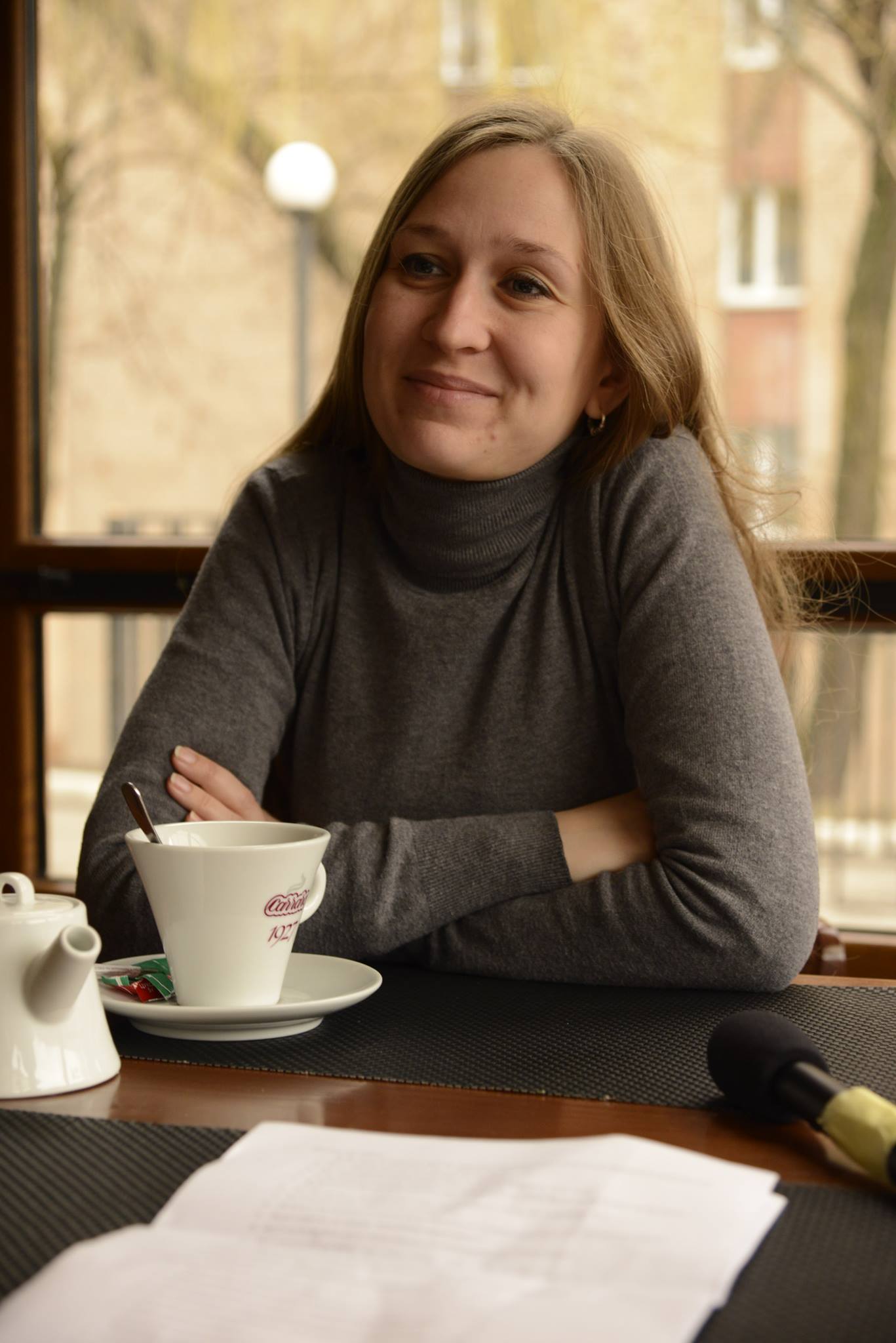
When the first wave of mobilization started, they #took every fourth father in our school. Some continue to fight and some will never return. Some people say that nobody from Donbas serves in the east, but this is not true.
We left because there was a factory behind our house and the planes were flying over our roof. When #the children became too scared to go outside because of the planes and the sirens, we looked at each other and understood that it was time to get tickets and leave.
We arrived here [in Khmelnytsky] in the summer with the hope that people would come round and the whole thing would just end. For the first month or two, we lived #with the hope that this would just be a long vacation.
There are #misunderstandings from the side of those who remained, especially now, when there is no information getting in from the outside, only local sources. Those with whom we had close and familiar relations call and say such incomprehensible and unbelievable things. That is the most difficult. I understand that they should not be blamed for what they think. If you tell people something one hundred times, they’ll believe it. And it’s frustrating to me that nothing is done to address this situation.
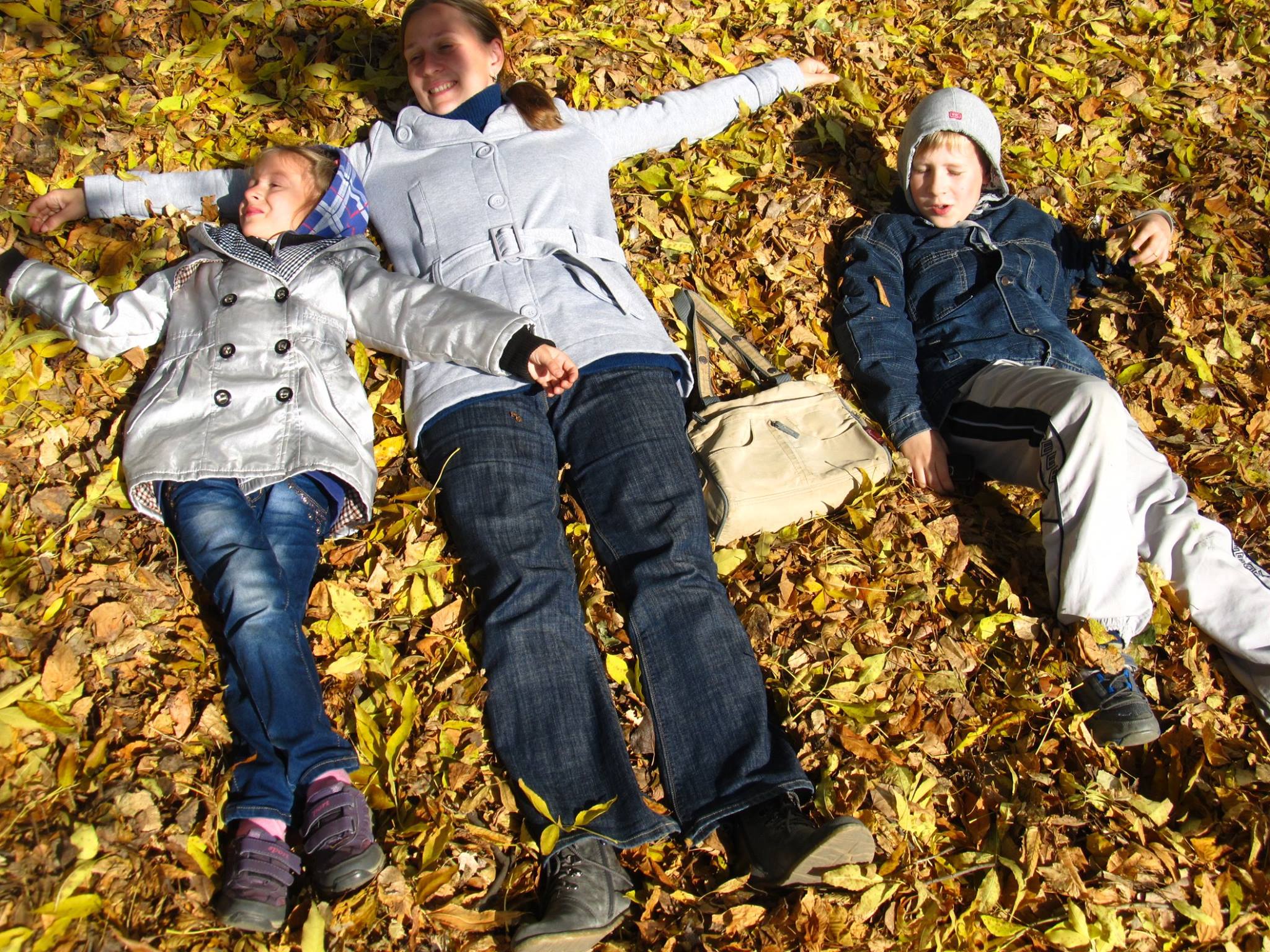
They gave us a place to live in the dormitory. We got lucky that we received a renovated place. I know that in that area there is another dormitory, where I lived 15 years ago as a student at a conference. And even then it horrified me with its awful conditions. And the IDPs live in such conditions. But to be in a place where your #children can live safely trumps everything.
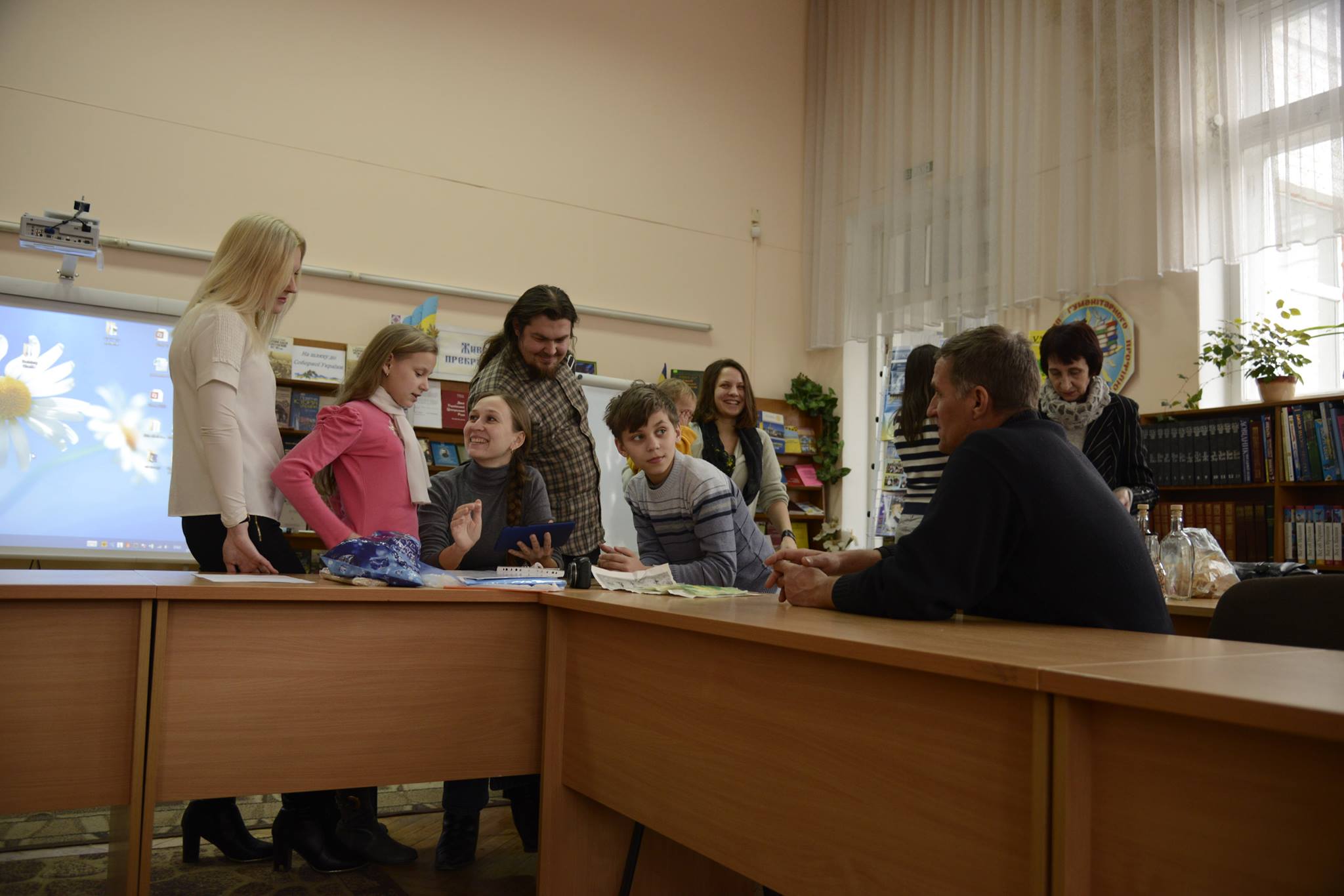
Now #we have a sort of club with friendly and warm atmosphere, which was organized primarily for children, but then we decided to include the whole family and make it of a family style. Children usually went to school, then came home, eat, but all the adults were busy with their problems and all they could do together with the children was just to watch TV and that’s it. There was no communication or activities. No one did things together. And that’s why we decided to come to the family style club. Even the parents have activities in it. What is the purpose of this life? To have joy and happiness.
I #did not believe that taking a bath would ever be a dream. We have a shower, but I haven’t taken a bath eight months already. But my biggest dream is to have my own house or apartment. I would like to have my own place again.
The authorities don’t call me. They are trying to avoid me directly #by giving my phone number to newly arrived IDP’s. They only say to them: “We understand that you have problems; you need this and that. But we are not able to help you. Here’s a phone number – call this person – she can help you”. Even though they don’t ask my permission. I, of course, am not against it; I’ll help how I can.
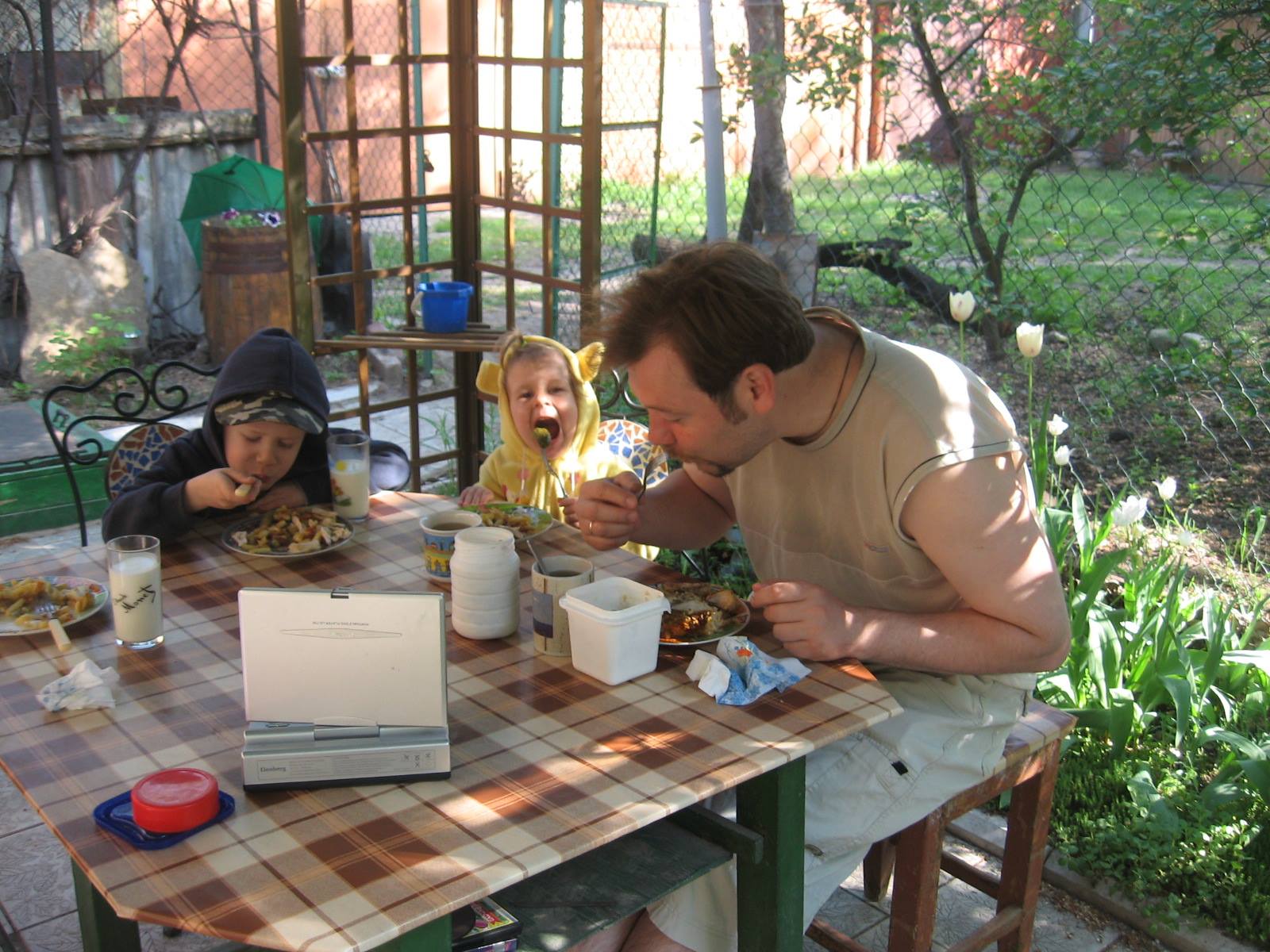
My friend told me a story about Luhansk region, on the border with two checkpoints and while there were no shooting, #people [soldiers] from each side talked to each another, played football, and helped each other. And when the fighting started, they called and warned one another. Those who left checkpoint from Ukrainian army during summer events received help from the “LNR” checkpoint, who helped them to flee, because the surrounding fields were mined. There are situations, not covered in the media. There is no need to draw conclusions only from the media, life is not black or white, it’s colorful. It seems to me that this story is about people from both sides of the border who don’t need the war.
The story of Anastasia is presented within the framework of the exhibition “My Place”, organized by the Educational Centre “Space of Tolerance” and the Congress of National Communities, supported by the Royal Netherlands Embassy. The authors of the texts are Kyra Kreyderman and Uljana Ustinova. The photos were made by Dana Verstak and taken from the family archive.


